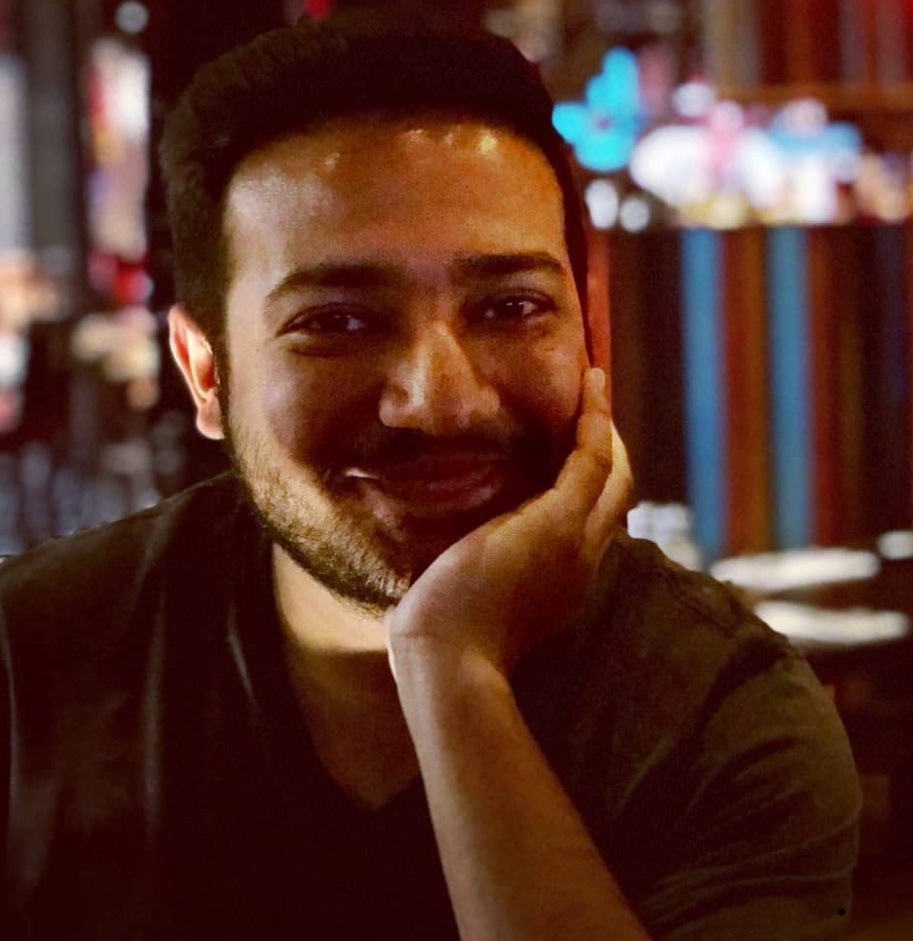ARTICLE AD BOX
Last Updated:June 19, 2025, 12:51 IST
CJI BR Gavai said no nation can call itself truly democratic without addressing the structural inequalities that marginalise large sections of society.

Chief Justice BR Gavai at an event on 75 years of Indian constitution.
Chief Justice of India B R Gavai on Wednesday asserted that the Indian Constitution has not only defied its early critics but has also emerged as a transformative force for socio-economic justice. Speaking at a conference in Milan titled “Role of Constitution in Delivering Socio-Economic Justice in a Country: Reflections from 75 Years of Indian Constitution", CJI Gavai underscored the Constitution’s inclusive vision and enduring relevance.
Without naming him directly in the speech, the CJI alluded to British jurist Sir Ivor Jennings’ 1951 criticism of the Constitution as “too long and too rigid" — remarks he called “historically misplaced." Gavai declared, “India’s democracy has flourished precisely because our Constitution embedded socio-economic justice into the legal framework."
He said that no nation can call itself truly democratic without addressing the structural inequalities that marginalise large sections of society. “Justice is not an abstract ideal. It must take root in social structures, in the distribution of opportunity, and in the conditions under which people live," he stated.
Gavai cited the recent Supreme Court ruling against arbitrary demolitions, calling it a reaffirmation of the Constitution’s spirit. “Right to shelter is a fundamental right—not a charity," he said. “A house is not just property but a symbol of stability and hope."
Reflecting on his personal journey, the CJI said, “It is because of this constitutional vision of inclusion and transformation that I am standing before you as the Chief Justice of India. Coming from a historically marginalised background, I am a product of the very constitutional ideals that sought to democratise opportunity and dismantle the barriers of caste and exclusion."
He described the Constitution not just as a legal document but as “a promise to society, a revolutionary statement, and a ray of hope" in the aftermath of colonial rule. He added that over the last 75 years, the Constitution has helped drive landmark initiatives aimed at reducing poverty, enhancing job creation, and expanding access to basic services such as housing, food, and healthcare.
Gavai also reflected on the judiciary’s evolving role in expanding socio-economic rights, particularly post the 1973 Kesavananda Bharati judgment, and acknowledged Parliament’s proactive role in the same pursuit. “I can say that both Parliament and the judiciary have expanded the scope of socio-economic rights in the 21st century," he said.
The CJI concluded that law, guided by the Constitution, can be “a tool for social change, a force for empowerment, and a protector of the vulnerable."

Covering day-to-day national and international news for the last nine years across print and digital. Associated with News18.com as Chief Sub-Editor since 2022, covering innumerable big and small events, includ...Read More
Covering day-to-day national and international news for the last nine years across print and digital. Associated with News18.com as Chief Sub-Editor since 2022, covering innumerable big and small events, includ...
Read More
- Location :
- First Published:
News india India’s Constitution Proved Its Critics Wrong, Says CJI Gavai In Milan



.png)
.png)
.png)
















 6 hours ago
3
6 hours ago
3








 English (US) ·
English (US) ·